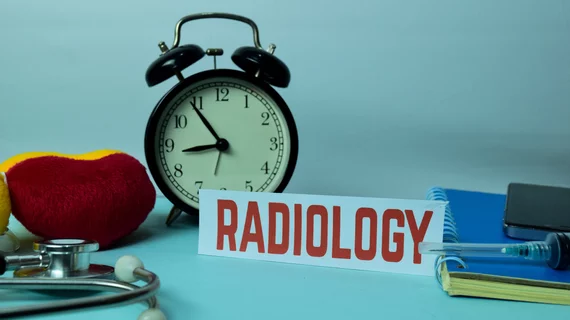US radiology providers catering to patients facing long wait times for imaging in Canada
U.S. radiology providers are catering to patients facing long wait times for imaging in Canada, according to a report published Friday.
The Unity Medical Center in Grafton, North Dakota—a two-hour drive south of Winnipeg—receives between 15 to 20 patients from the country each month. Typically, the critical access hospital can schedule them for an MRI within two weeks. Other imaging services are available the next day or within the same week.
UMC has sought to increase marketing and social media efforts to better inform Canadians about their offerings.
"They're just coming down because they can't get into Canadian doctors on a timely manner when they're in so much pain," radiology services supervisor Jess Tanke told the CBC.
Grand Forks Clinic, a little farther south, also has been sending mailers to patients in Winnipeg, advertising the ability to schedule an “MRI in days, not months.” Median wait times for the modality have increased from 13 weeks two years ago to 21 weeks in 2024, the CBC noted.
“I don't think the demand is going to go away," Unity Medical Center CEO Alan O'Neil told the outlet. “I think you'll find it's fairly frequent towns that are close to the Canadian border probably do get some Canadians coming down for this type of thing…It's just going to happen because of the demand."
Dayna McTaggart, the Manitoba manager for the Canadian Association of Medical Radiation Technologists, noted that tech shortages are contributing the country’s imaging backlog. You can read more about the situation from the CBC here:

